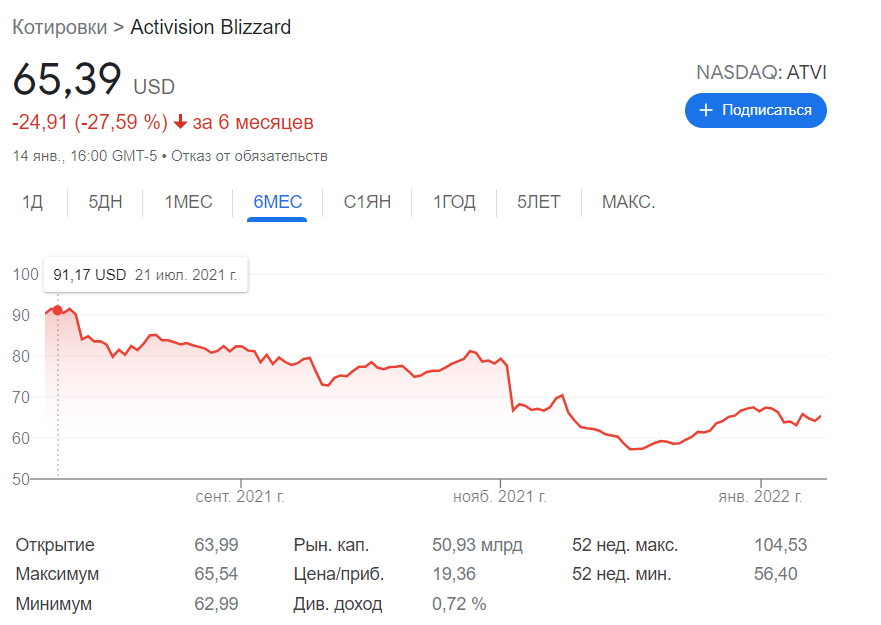In July last year, a scandal broke out around Activision Blizzard about the toxic working atmosphere in the company. Yesterday it became known that since then the publisher has fired more than three dozen employees and brought 40 more people to disciplinary responsibility.
Such figures were shared by The Wall Street Journal. The journalists also reported that during the investigation, Activision Blizzard received about 700 harassment complaints from employees. However, some complaints described the same incidents. To date, the company has managed to consider over 90% of complaints.
As The Wall Street Journal wrote, Activision Blizzard planned to publish this data shortly before the winter holidays. But the CEO of the company, Bobby Kotick, decided to postpone the report so that the problems would not seem more serious than they actually were.
Activision Blizzard spokeswoman Helaine Klasky partially confirmed the publication’s information. She corrected the figures, saying that 37 people “left” or were fired from the company, and 44 more employees were punished.
However, Klasky denies data on 700 complaints. She pointed out that they also included comments from Activision Blizzard employees on social networks. They covered a wide range of topics: from “harmless concerns about difficulties at work” to “a small number” of potentially serious problems. The company has already investigated the latter.
Klanski also denied that the publication of the report was postponed due to the decision of the Seal. “We strive to make sure that we have collected accurate data before sharing it,” she said.
Since July, Activision Blizzard’s stock price has fallen by 27%. According to The Wall Street Journal, this is seriously worrying investors who have been in regular contact with the company in recent weeks. For example, at the end of November, the British firm Fidelity International — it owns 0.6% of the shares — called for an independent audit in Activision Blizzard, and the Cat was sent on vacation for this time. Earlier, some other shareholders made a similar request.
Nevertheless, Klanski said that the board of directors still supports the Seal.


